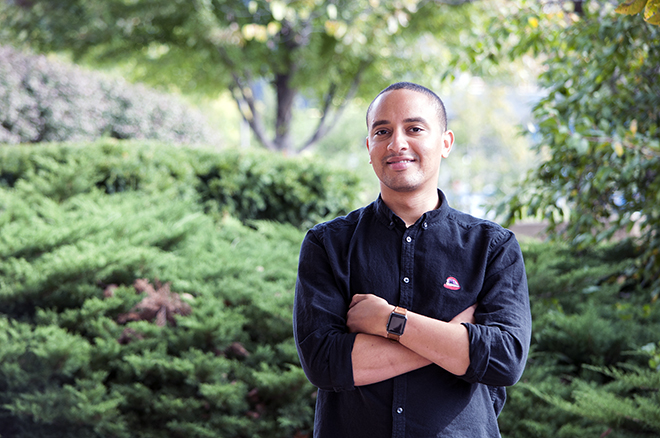
Humans are complex beings. The evolutionary marvel that is the human brain is both our species’ greatest strength and weakness. It allows us, as lawyers and future lawyers, to understand, communicate and untangle intricate legal issues. On the other hand, it houses a complex web of emotions, thoughts and experiences all tied to the human condition. Lawyers are often called on to resolve distressing situations, frequently in time-sensitive settings. These type of environments create a concerning reality for many currently, and soon to be, in the legal profession.
In a recent study, the ABA partnered with Hazelden to examine the rates of substance use and other mental health concerns regarding lawyers. Among the approximately 13,000 lawyers polled, 61 percent reported concerns with anxiety and 46 percent reported concerns with depression. To cope with said mental health struggles, many attorneys turn to substance abuse—with over 20 percent of those polled screening positive for hazardous, harmful and potentially alcohol-dependent drinking.
The sad truth is we, as legal community, have known this for decades. Years and years of research has consistently indicated higher prevalence of suicide, alcohol/drug abuse, anxiety and depression among attorneys when compared to other professions. There seems to be a cloud of shame surrounding the issue for many—much of the way our society has, and still does, treat mental illnesses. For some, mental health is treated as inferior to physical well-being and there is much reason to believe this has had its consequences.
Thankfully law schools and organizations such as the ABA are teaming up to tackle the issue of mental health in the legal community. Furthermore, some law firms are adjusting internal policies and implementing programs geared toward their employees’ mental health.
Know that no amount of wealth or prestige can buy you a new brain. Know that no amount of wealth or prestige should take precedence over being mentally and physically healthy. Know that it is never too late to get healthy and never too early to start good habits. Know that there are people who are always available to talk. Know that your most important asset is your own well-being—because you simply cannot help other people until you help yourself.
-Jöel Thompson is a 2L and student ambassador from Fairfax, Virginia.
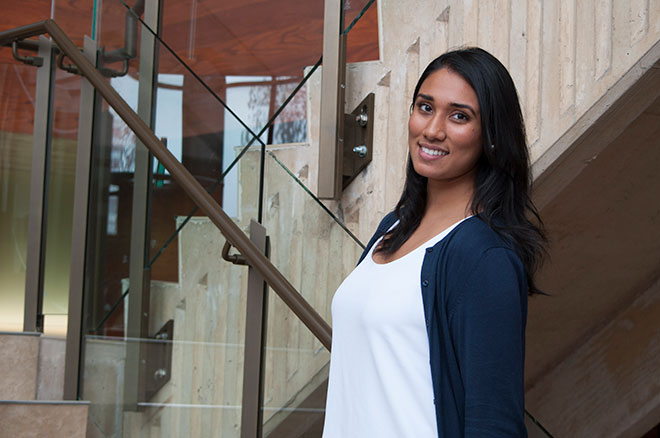
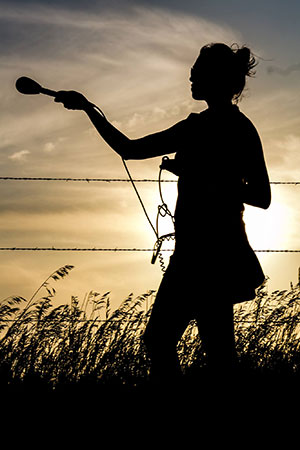
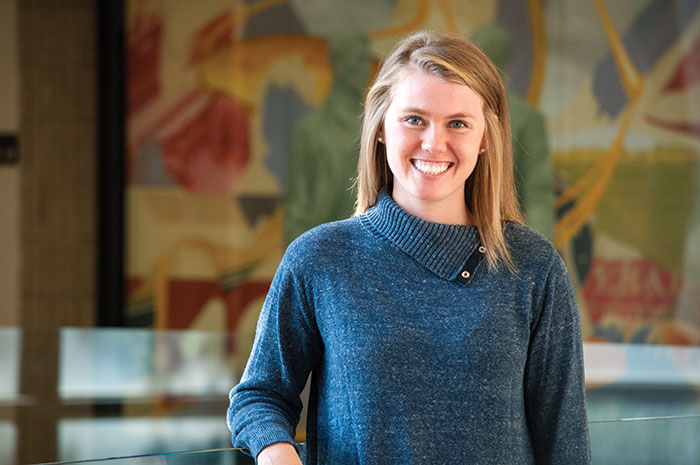
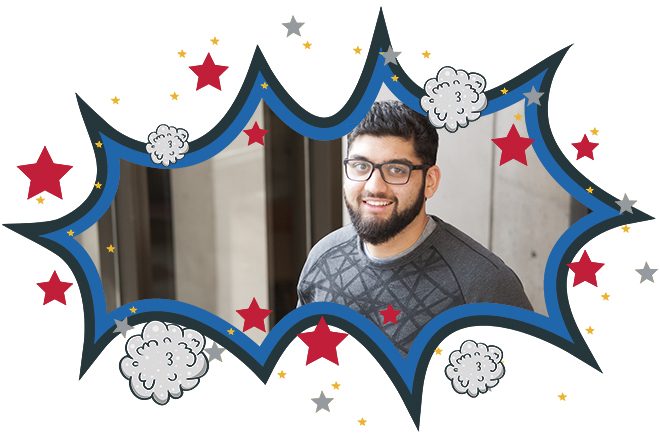
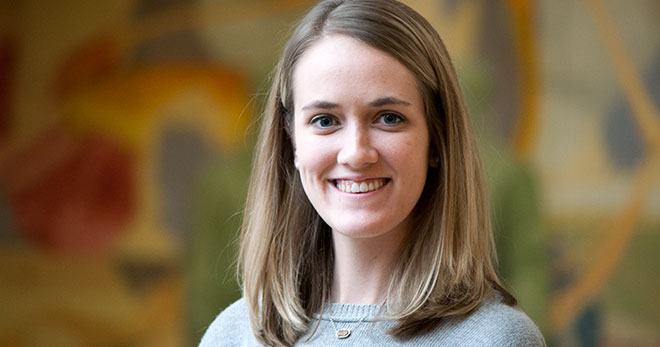
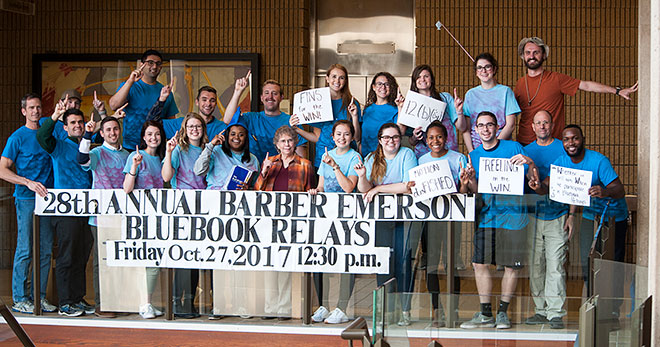
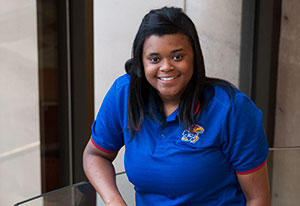 Law school is where you find your people. Almost every law school places you in small sections of people with whom you will have every class. On its face, this sounds a bit like high school, but it is probably the most comforting part of being a 1L. There is nothing worse than being sick in law school. However, being in a small section gives me an automatic 20 people I can reach out to for class notes. If you’re anything like me and managed to escape some undergraduate classes without learning a single person’s name, I promise that will not be possible in law school. These people quickly become your best friends – not just because you see them every day, but because there is something special about struggling together. The best of times, the worst of times, but at least you’re not alone!
Law school is where you find your people. Almost every law school places you in small sections of people with whom you will have every class. On its face, this sounds a bit like high school, but it is probably the most comforting part of being a 1L. There is nothing worse than being sick in law school. However, being in a small section gives me an automatic 20 people I can reach out to for class notes. If you’re anything like me and managed to escape some undergraduate classes without learning a single person’s name, I promise that will not be possible in law school. These people quickly become your best friends – not just because you see them every day, but because there is something special about struggling together. The best of times, the worst of times, but at least you’re not alone!